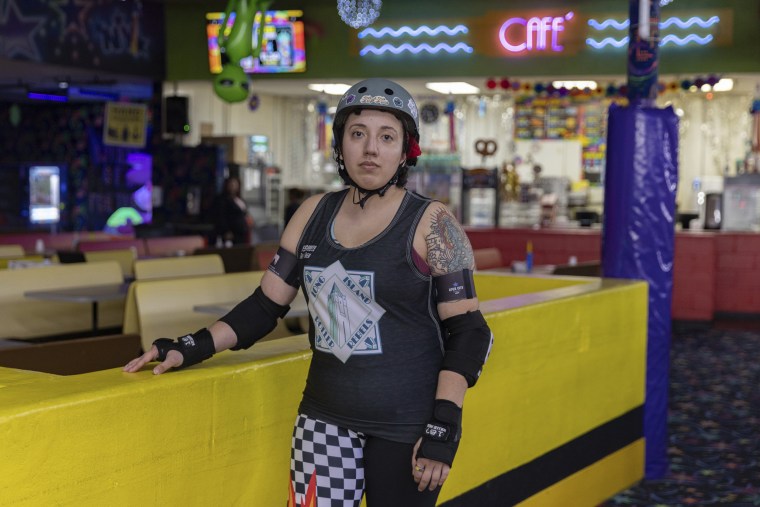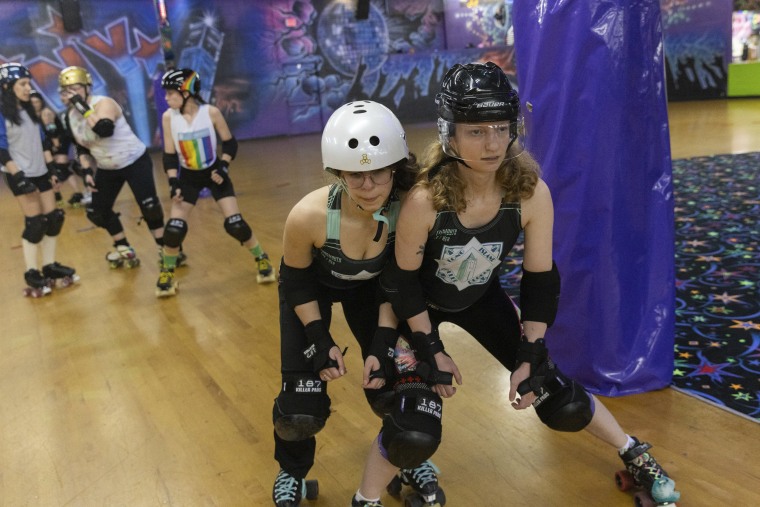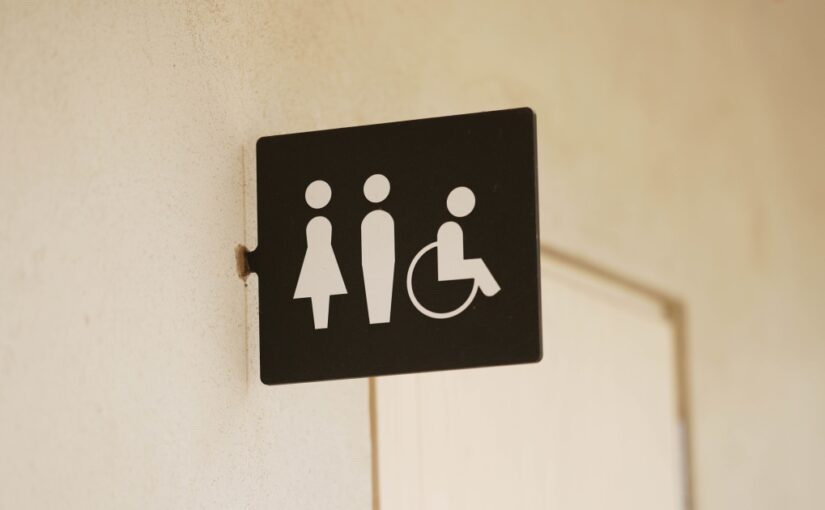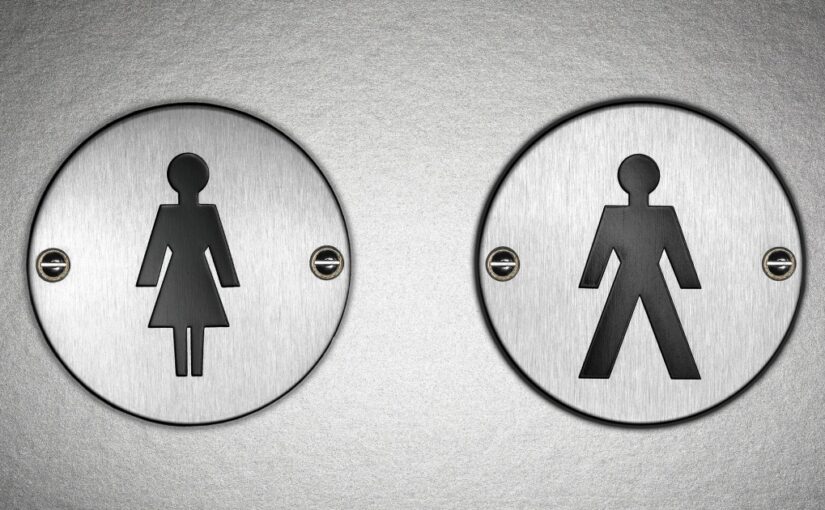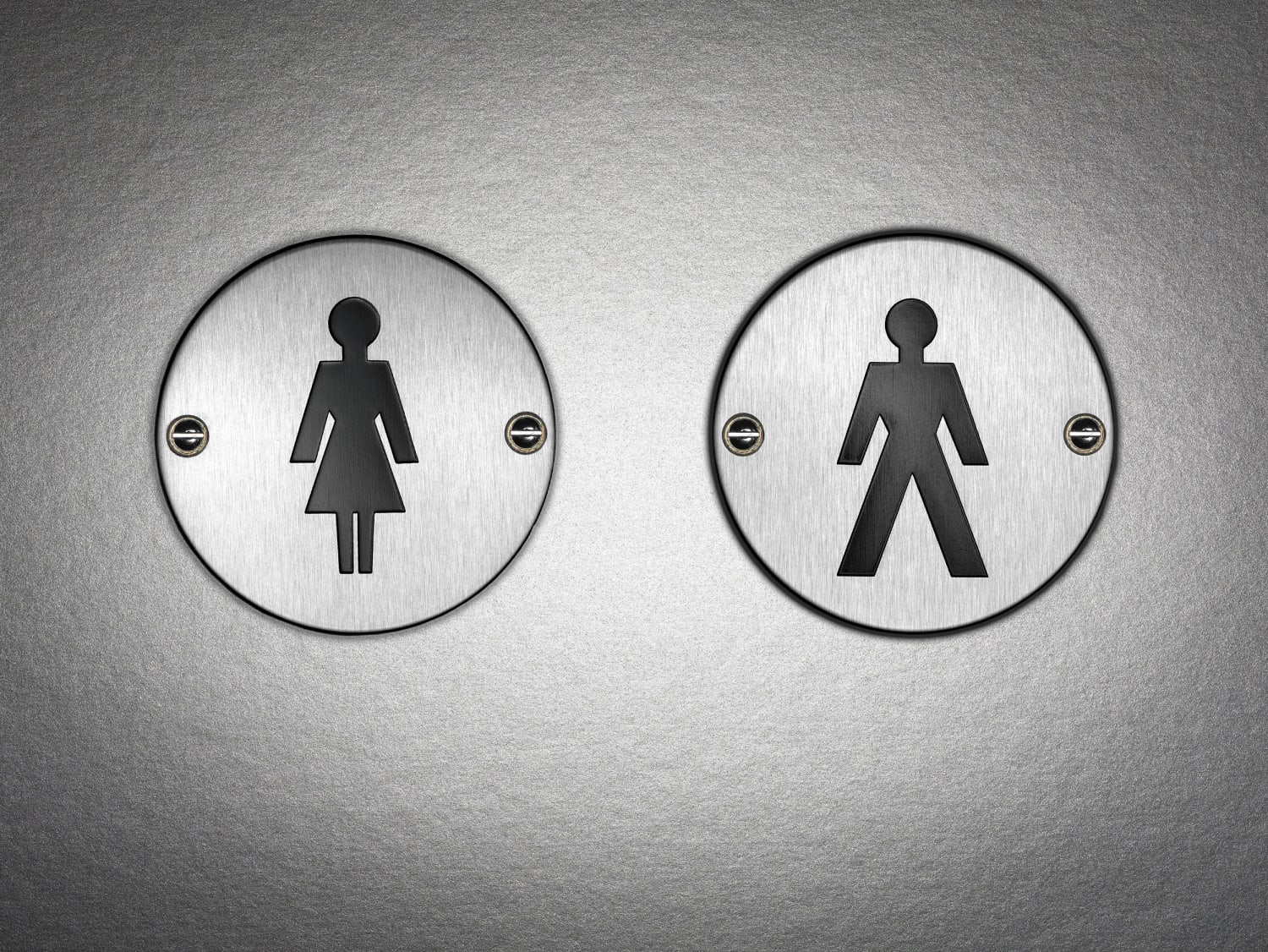Transgender people overwhelmingly describe their lives after transitioning as “happier,” “authentic” and “comforting” despite a deluge of state legislation in recent years that seeks to restrict their access to health care and other aspects of life.
Over the last three years, nearly half of states have passed restrictions on transition-related medical care — such as puberty blockers, hormone therapy and surgery — for minors. Supporters of the legislation have argued that many transgender people later regret their transitions, though studies have found that only about 1%-2% of people who transition experience regret.
Earlier this year, the 2022 U.S. Transgender Survey — the largest nationwide survey of the community, with more than 90,000 trans respondents — found that 94% of respondents reported that they were “a lot more satisfied” or “a little more satisfied” with their lives.
Transgender Day of Visibility, observed on March 31, is an annual awareness day dedicated to celebrating the accomplishments of trans people and acknowledging the violence and discrimination the community faces. NBC News asked transgender people from across the country to share how their life satisfaction has changed after transition. Out of two dozen respondents, all but one said they feel more joy in their lives. Here are some of their stories.
Ash Orr, 33
Morgantown, West Virginia
Orr, who is the press relations manager for the National Center for Transgender Equality, the trans rights advocacy group that conducted the nationwide survey, began socially transitioning in his mid-20s, and at 33, he received gender-affirming top surgery.
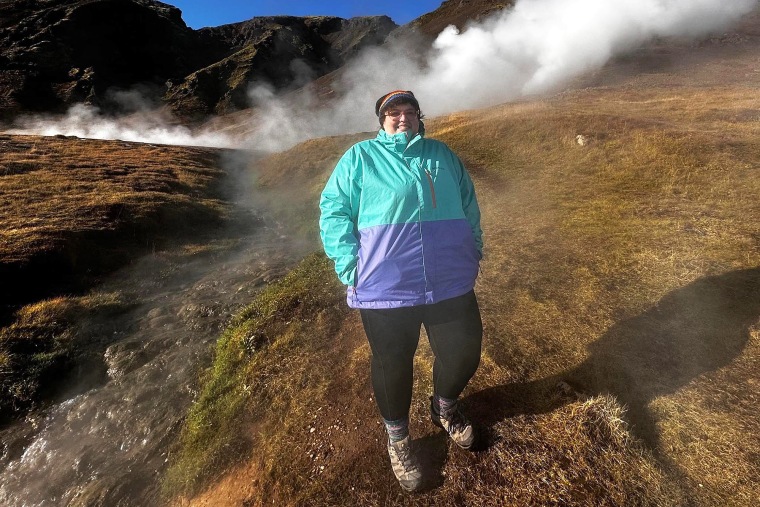
“The impact of this surgery … has been life-changing,” Orr said. “My body now feels like a comforting and familiar home, a place I had yearned for and have finally returned to.”
When Orr isn’t working, he loves immersing himself in nature, whether that’s through gardening or playing pickleball with friends. He also chases tornadoes in the Midwest — “Yes, like the movie ‘Twister’!” he said.
“My transition journey has been a profound lesson in self-discovery,” Orr said. “It has shown me that there are countless versions of myself waiting to be unearthed.”
Criss Smith, 63
New York
After transitioning, Smith said he felt a sense of congruence between his internal sense of self and his external presentation.
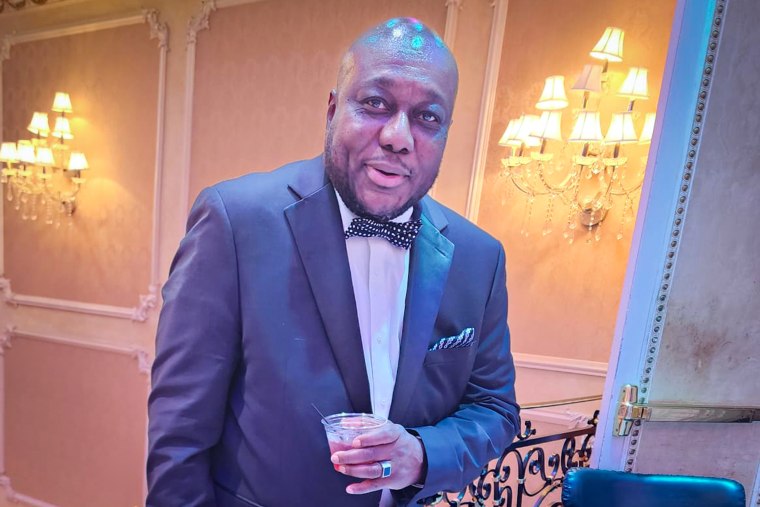
“I was so broken and uncertain, and now I have a profound sense of relief, empowerment and alignment with how I feel and being the best human possible,” he said. Smith said he worked on Wall Street in financial services for more than 30 years for major companies including Merrill Lynch and JPMorgan Chase. He now works as a substitute teacher for the New York City Department of Education.
“My mind is more at rest and I am at ease with every moment,” Smith said of life after his transition. “A joy fills my soul that I never thought possible before. I am truly living a full human experience presenting all of my authenticity. I live in a liberation garden.”
Gavin Grimm, 24
Hampton Roads, Virginia
Grimm was the plaintiff in a landmark 2020 court case in which the 4th Circuit U.S. Court of Appeals upheld the rights of transgender students to use the school bathrooms that aligned with their gender identities. In 2021, the Supreme Court declined to hear the case and allowed the circuit court’s decision in Grimm’s favor to stand.
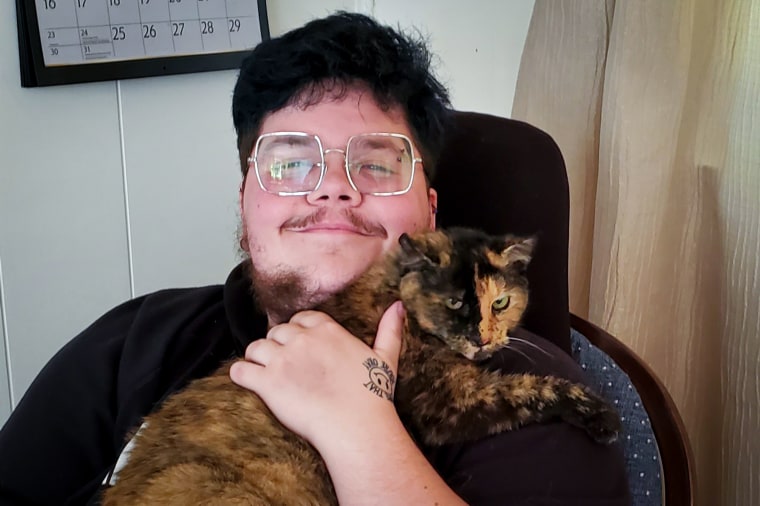
Now, nearly three years later, Grimm plans to go back to college to become a middle or high school teacher. He came out and began his transition in 2013, and “to date, I have absolutely zero regrets,” he said.
“While I do still struggle with unrelated strife in my personal life, the ability to be myself fully and completely for the last decade has given me the strength and joy that I have needed to carry on,” Grimm said. “Despite these challenges, I remain very, fundamentally happy. Exquisitely happy, even, in just finding small joy each day in a world where I had the ability to access myself.”
Dani Stewart, 57
Springfield, Missouri
Stewart said transitioning was “a life saver” for her and that she feels more confident than she ever has before.

“I feel like I belong in society,” said Stewart, who said she was formerly a news desk producer at CNN and worked for various TV stations. “However, dark clouds remain for all trans people. We need better and more representation in media. We need to see more of ourselves integrated with the world around us.”
Andrea Montañez, 58
Orlando, Florida
Montañez said her son and her co-workers both observed the same change in her after she transitioned in 2018: They said they noticed her smile.
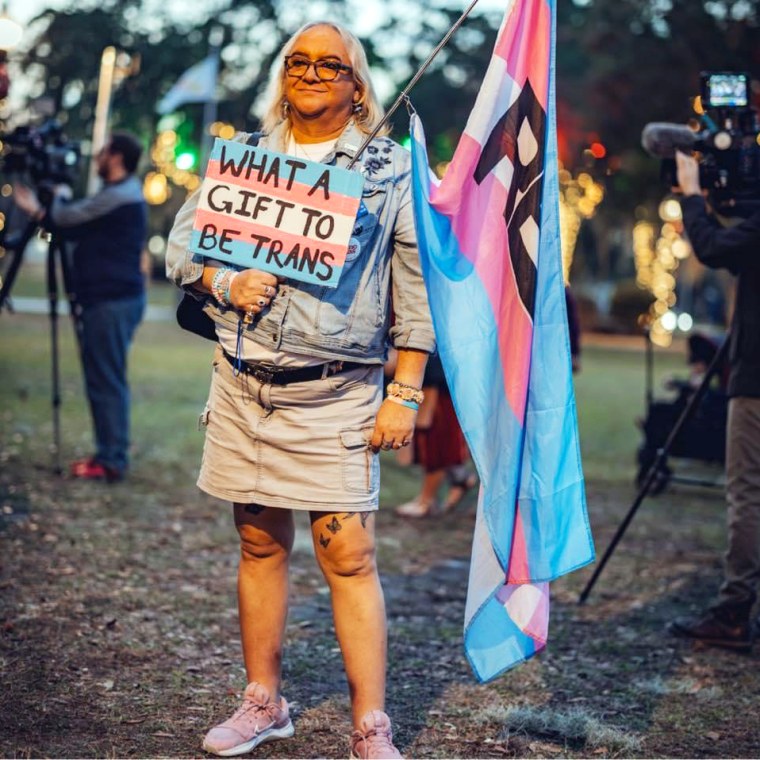
“You always were a nice person, but we didn’t know you could smile,” Montañez recalled her co-workers telling her. “I lost a lot, but I won freedom and happiness.”
Montañez is the director of advocacy and immigration at the Hope CommUnity Center in Orlando and is involved in advocating against legislation targeting LGBTQ people in Florida — work that she said has helped her build community, find happiness and “bring the magic” to her and others’ lives.
“We are a gift,” she said. “Trans people are a gift.”
Elizabeth ‘Lizzy’ Graham, 34
Silver Spring, Maryland
In 2015, Graham said she kept a bag of women’s clothes in her car so that when she finished her shift at work as a tech support professional, she could drive to a Starbucks and change in the bathroom. She was also driving for Uber at the time, and one day she decided to dress as herself so she could practice coming out to her passengers before she came out to her family.
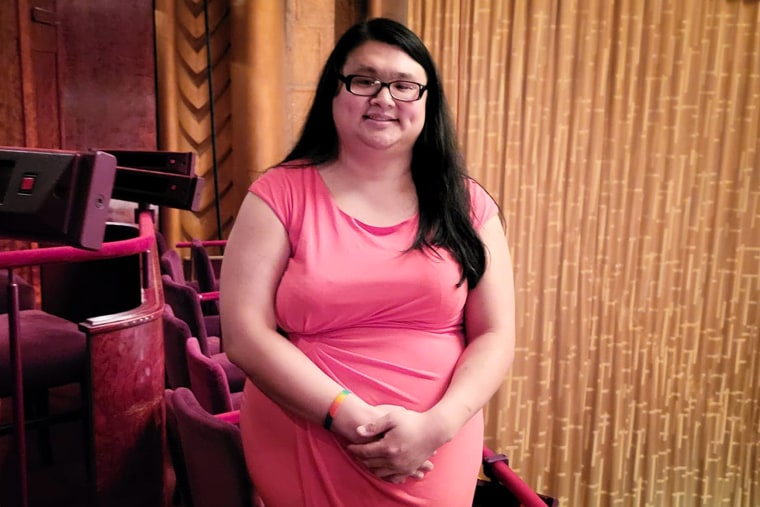
She came out fully in the summer of 2015, and said her gender dysphoria, or the distress caused by a misalignment between one’s sex assigned at birth and gender identity, went away with time.
“Once I began my transition journey and began living full time, my focus and productivity improved,” she said. “Many friends and people I know who knew me prior to transitioning said that they could tell I was happier now that I came out and was living my authentic life.”
Now, Graham is a service coordinator who helps autistic children who receive Medicaid-funded services, and she leads a support group for transgender people in her area.
Jordan Reid, 27
Harper Woods, Michigan
Reid said her coming out as a transgender woman in 2022 happened alongside a number of other life changes. She had just gotten divorced, and then she dropped out of medical school, or, as she says, “exploded” all of her career aspirations.

But the last two years have been much happier, she said. Reid is back in school studying computer science and data science, and has rekindled her love for music. She has played guitar since she was 10, but said she stopped because she didn’t like her singing voice. Now, she sings in the shower every day.
“On paper, it may look like I have taken quite a few steps back in life,” Reid said. “In reality, what’s on paper doesn’t matter one bit if, instead of sacrificing my joy, I get to spend the majority of my time not only smiling, but truly feeling a reason to smile.”
Tiffany Jones, 35
Newark, New Jersey
Jones, who works in an Amazon warehouse, said transitioning has helped reduce her suicidal ideation.

“I am happy that I am living as my unapologetically authentic self,” Jones said, adding that her transition “helped me improve my self-confidence” and allowed her to be more creative. She now writes poetry, cosplays as anime characters and has a stronger support network, she said.
She said she worries about her personal safety as a Black trans woman, but “I just think about the positive things in life, and that there’s so much out there in the world, so much inspiration.”
Kylie Blackmon, 26
Azle, Texas
Blackmon said her life changed dramatically when she came out in 2021.

“It seemed like everything clicked mentally with me. No longer was I burdened with living a lie and having that weigh on me constantly,” she said. However, she said things are harder socially in her small Texas town of about 15,000 people, northwest of Fort Worth. She said she faces transphobia from her co-workers, and that some of her family members don’t understand her identity.
She’s currently training to be a phlebotomy technician, which is someone who collects and tests blood samples, and in her free time she enjoys doing makeup, shopping and spending time with her friends.
Cristina Angelica Piña, 23
Central Valley, California
Piña, a consultant, said that being trans can be difficult, but that “underneath this pain, there is an unfettered joy, power and beauty.”

“My existence reminds people of choice,” said Piña, who enjoys fashion, poetry, rap, cooking and spending time with her friends and her dog, Bella. “We have the autonomy to decide how we exist in the world. We have the freedom to present ourselves in a way we see fit — not what others have placed upon us.”
For more from NBC Out, sign up for our weekly newsletter.
